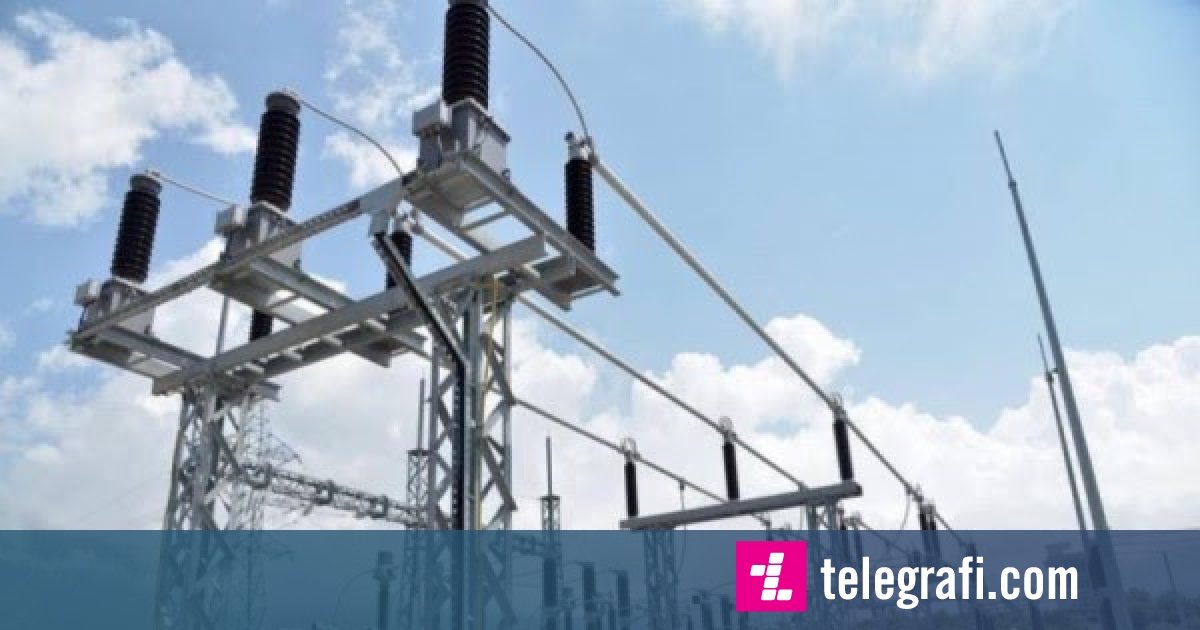Serbia must return to the citizens of Kosovo the funds allocated for the payment of electricity in the north, says Emin Sallahu, a resident of Pristina.
"Their return must be obliged by the state of Serbia.
"The return can be made on the basis of an installment agreement, because the form of payment has been discriminatory", he says.
"Let [the money] be returned anyway," says Sejdi Krapi, a former employee at the Ferronikeli metallurgical complex.
Since the end of the last war in Kosovo in 1999, the citizens of the north have been regularly supplied with electricity but have not paid for it.
This happened due to the rejection of various structures supported by official Belgrade, which operated in that part, but also due to civic disobedience.
Consequently, for the electricity consumed in the north, the citizens of other municipalities of Kosovo have paid directly from their own pocket from 1999 to 2017.
During this period, their bills were 3.5 percent more expensive.
From 2017, this payment responsibility has passed to the Government of Kosovo.
On June 21, meanwhile, Kosovo and Serbia agreed to implement an energy agreement reached in 2013 that paves the way for direct electricity payments from consumers in the north.
Muhamet Mustafa, a professor of economics in Pristina, says the issue of bill payments in the north by citizens of other areas has remained unresolved in the latest agreement, but "must definitely be resolved outside it".
Mustafa considers that Serbia is directly responsible for the non-payment of electricity by consumers in the north, because, as he says, it has manipulated the citizens in that part.
"The Serbian government or donors must take on this debt.
In case there are difficulties, ways must be found for this debt to be covered by international institutions ", says Mustafa.
The total bill of consumers in the north has gone up to 12 million euros a year.
Fadil Ismaili, former Minister of Economic Development of Kosovo, does not believe that the funds will be compensated - neither by the state of Serbia, nor by the institutions of Kosovo.
"If requested by Serbia, it is accepted that this part [northern Kosovo] is Serbia.
"Serbia does not repay debts to the consumers of your state", says Ismaili.
Despite the insistence of Radio Free Europe, the information office of the Government of Kosovo has not answered the question of how the issue of compensation of these funds will be regulated.
REL sent the same question to the chief negotiator of Kosovo in the dialogue with Serbia, Besnik Bislimi, but did not receive an answer.
How did the burden of the citizens with the bills of the north come about?
The decision to pay for electricity in the north from citizens of other parts of Kosovo was taken by the Kosovo Energy Regulatory Office (ERO).
After numerous appeals, the Court of Appeals of Kosovo has decided in 2017 that this practice be suspended, saying that it is illegal.
In 2021, the Basic Court in Prishtina, based on a lawsuit filed by the institution of the People's Advocate, has forced ERO to oblige the Electricity Distribution Service (KEDS) for the return of over 40 million euros to citizens of Kosovo, who in the period 2012-2017 - when there were complaints - paid for electricity to customers in the north.
ERO officials have warned that they will appeal this decision of the Basic Court to higher instances.
ERO did not respond to REL's question as to how far they have gone with this process.
KEDS has not indicated whether the funds will be reimbursed, based on the decision of the Basic Court.
Ismaili says that KEDS has no obligation to compensate the debt for the northern part, because, according to him, this company "did not have control over consumption" there.
Who supplied electricity to the north?
Representatives of Kosovo and Serbia have consistently made conflicting statements about who supplies the north with electricity.
The Electricity System, Transmission and Market Operator in Kosovo (KOSTT) said that the supply was made by operators licensed by the Energy Regulatory Office of Kosovo, but, according to Serbian officials, electricity in the north reached from the Electricity Network of Serbia.
The 2013 agreement on energy provides for the licensing of the company "Elektrosever", which is owned by the Serbian energy company, EPS (Elektroprivreda Srbije), but in Kosovo was established under the laws of Kosovo.
This company will do both the supply and the billing of the electricity consumed in the north.
Besnik Bislimi stated on June 21 that "Elektroseveri" will not produce electricity, but will buy it - either from the Kosovo Energy Corporation or from another bidder in the international market - while the collection will be done by himself.
"Elektrosever", consequently, can receive or buy electricity from the Serbian company, EPS.
The decision on the licensing of "Elektrosovever", ERO is expected to take this Friday.
In polls conducted by Radio Free Europe in the north, some Serb citizens said they would pay for the electricity consumed;
some Albanians, on the other hand, have said that they will only pay if the money goes to Kosovo institutions./REL/
